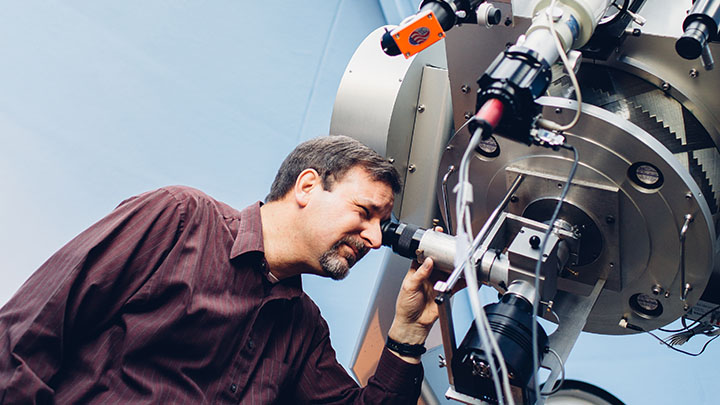Astronomers have long been fascinated by the phenomena of supernovae, which are powerful and explosive events that occur in the distant reaches of our universe. These cataclysmic explosions are caused by the death of massive stars, and they have the potential to change the night sky in profound ways. In this article, we will explore how astronomers are able to predict supernovae, what these predictions mean for our understanding of the cosmos, and how these events can impact our world.
Exploring the Nature of Supernovae
Supernovae are some of the most energetic events in the universe, releasing as much energy in a single explosion as our sun will emit over its entire lifetime. These explosions occur when a massive star reaches the end of its life cycle and can no longer support itself against its own gravity. The star collapses in on itself, leading to a massive release of energy in the form of light and radiation. This explosion can outshine entire galaxies for a brief period of time, and it can also create new elements through the process of nucleosynthesis.
How Astronomers Predict Supernovae
One of the key challenges in astronomy is predicting when and where a supernova will occur. While these events are relatively rare in our own galaxy, occurring only once every few decades, they are more common in other galaxies. Astronomers use a variety of techniques to predict supernovae, including monitoring the brightness of stars, studying the dynamics of star clusters, and analyzing the chemical composition of galaxies. By combining these different methods, astronomers are able to make accurate predictions about when and where a supernova will occur.
The Impact of Supernova Predictions
When astronomers predict a supernova, it allows them to prepare for the event and study it in real-time. This can provide valuable insights into the processes that occur during a supernova, such as the formation of new elements and the release of energy. By studying these events, astronomers can learn more about the life cycles of stars and the formation of galaxies. Supernova predictions also have practical implications, as they can help scientists better understand the nature of the universe and how it evolves over time.
Conclusion
In conclusion, astronomers have made great strides in their ability to predict supernovae and study these powerful events. By combining different observational techniques and theoretical models, astronomers are able to make accurate predictions about when and where a supernova will occur. These predictions have profound implications for our understanding of the cosmos and the nature of the universe. As we continue to explore the mysteries of the universe, supernova predictions will play an important role in shaping our knowledge of the cosmos and our place within it.

